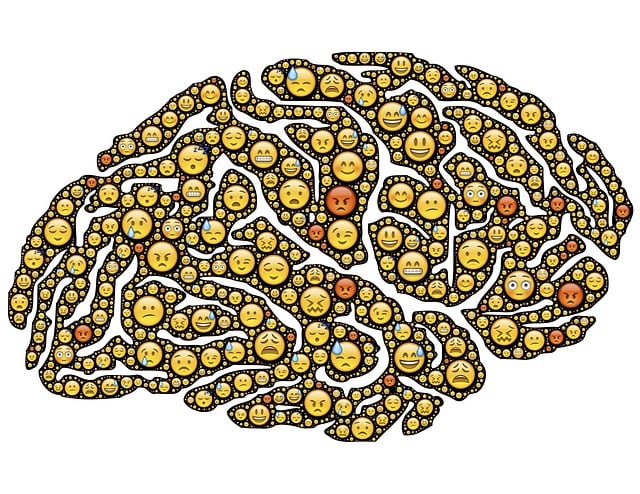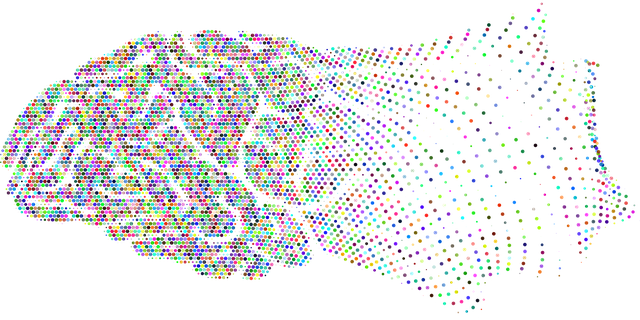Mindfulness meditation, recognized as an effective treatment for postpartum depression (PPD) in Westminster, teaches present-moment awareness and non-judgmental observation of thoughts and emotions. Local organizations promote mental focus through Mind Over Matter Principles, while public awareness campaigns educate new mothers about PPD signs and benefits of mindfulness. A regular practice, starting with 10-15 minutes daily, can significantly enhance mental health when combined with Westminster PPD therapy and advocacy for policy changes. Overcoming challenges and cultural sensitivity in mental healthcare are crucial for successful mindfulness techniques.
Discover the transformative power of mindfulness meditation with our comprehensive guide, tailored to address Westminster Postpartum Depression Therapy. Learn how this ancient practice can be a gentle and effective tool for managing postpartum depression. From understanding its fundamentals to setting up a daily routine, and overcoming common challenges, this article offers practical tips and techniques. Uncover the long-term benefits of mindfulness, fostering resilience and promoting mental well-being for both mother and baby.
- Understanding Mindfulness Meditation for Postpartum Depression
- Setting Up a Daily Practice: Tips and Techniques
- Overcoming Challenges and Sustaining Long-Term Benefits
Understanding Mindfulness Meditation for Postpartum Depression

Mindfulness meditation has emerged as a powerful tool in managing postpartum depression (PPD), a condition that can significantly impact new mothers’ well-being. This ancient practice focuses on training the mind to be fully present and aware of the current moment, without judgment. For women struggling with PPD, mindfulness offers a gentle yet profound approach to healing. By cultivating awareness of thoughts and emotions without getting caught up in them, individuals can develop a sense of detachment from negative thought patterns and reduce symptoms of anxiety and depression.
In Westminster, postpartum depression therapy often incorporates mindfulness meditation as part of a comprehensive treatment plan. The Mind Over Matter Principles, promoted by local Stress Management Workshops Organization, emphasize the power of mental focus and awareness to combat PPD. Public Awareness Campaigns Development initiatives have also played a crucial role in educating new mothers about recognizing the signs of PPD and the benefits of incorporating mindfulness practices into their daily routines. These efforts contribute to creating a supportive environment where new moms can find effective tools for managing their mental health and fostering positive connections with themselves and their babies.
Setting Up a Daily Practice: Tips and Techniques

Establishing a regular mindfulness meditation practice is a powerful way to nurture your mental wellness, especially if you’re navigating postpartum depression. The consistent routine can provide much-needed structure and calm in an often chaotic period. To begin, find a quiet space where you won’t be disturbed; this could be a dedicated corner of your home or even a peaceful spot outdoors. Set aside just 10-15 minutes each day for your practice—a small investment with significant returns on your mental health.
Consider using guided meditations or apps designed to support new practitioners. These tools often offer tailored sessions for specific needs, like stress reduction or emotional regulation, which can be particularly beneficial during postpartum adjustments. Remember, mindfulness is a skill that improves with regular practice, so be patient and consistent. Incorporating this routine into your day could be the key to enhancing your overall mental health and well-being, especially when supported by professional Westminster postpartum depression therapy and advocacy for mental health policy changes.
Overcoming Challenges and Sustaining Long-Term Benefits

Overcoming challenges is a significant aspect of establishing a sustainable mindfulness meditation practice. It’s important to recognize that everyone faces obstacles on their mental health journey, whether it’s dealing with stress, anxiety, or even postpartum depression as highlighted in Westminster Postpartum Depression Therapy. Cultural sensitivity within mental healthcare plays a crucial role here; understanding and accommodating diverse cultural beliefs and practices can enhance the effectiveness of mindfulness techniques.
Designing mental health education programs that include risk management planning is another strategy to foster long-term benefits. By learning to manage potential risks, such as emotional triggers or meditation-related discomforts, individuals can develop resilience and maintain their practice over time. This proactive approach ensures that mindfulness becomes an integral part of one’s daily routine, leading to improved mental well-being and overall quality of life.
Mindfulness meditation offers a powerful tool for managing postpartum depression, as evidenced by its growing integration into Westminster postpartum depression therapy. By understanding its benefits, setting up a consistent practice with helpful tips, and overcoming challenges, individuals can sustain long-term mental well-being. Incorporating mindfulness into daily routines allows for better stress management, emotional regulation, and overall resilience, ultimately enhancing the quality of life for both mother and child.














